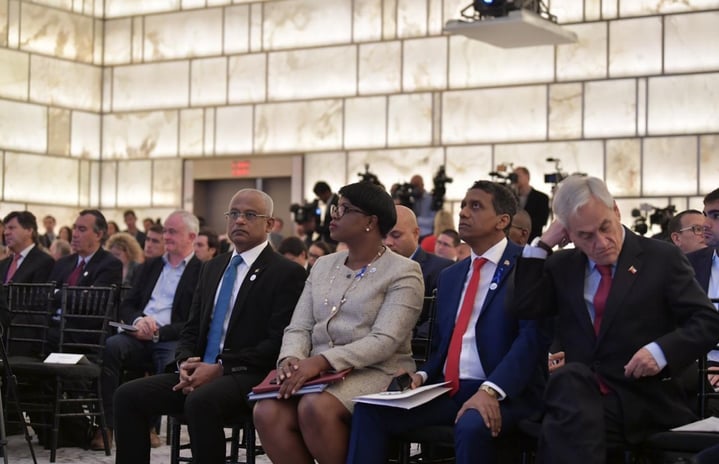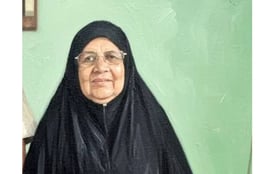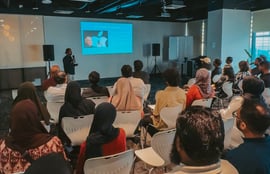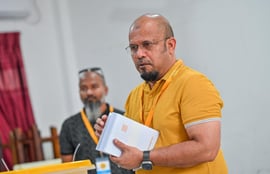President Ibrahim Mohamed Solih on Wednesday declared that transitioning to a 'Blue Economy', while combatting climate change and enhancing climate resilience are key priorities of Maldives.
He made the statement at the Blue Leaders Call to Action on Ocean and Climate Summit, a high-level breakfast briefing on the 'Special Report on the Ocean and Cryosphere in a Changing Climate' (SROCC) held in New York City.
Speaking at the meeting, President Solih noted that Maldives is uniquely dependent upon the ocean for sustenance and livelihoods, and exceptionally vulnerable to sea-level rise, and thus the significance of being counted among the World’s Blue Leaders is not lost on him. Accordingly, he emphasised that the government aims to build climate-smart and resilient islands, strengthening the implementation of Nationally Determined Contributors (NDC) in line with the Paris Agreement.
The president called on the international community to commit to more ambitious NDCs by 2020, in order to keep global heating within the critical 1.5 degrees celsius threshold. He also expounded upon his government's measures to switch to low carbon resilient transportation options for the transport sector, and highlighted the recent nomination of Addu Atoll and Fuvahmulah as UNESCO biosphere reserves.
In his remarks, President Solih highlighted the government's plan to phase out single-use plastics by 2023, as part of its pledge to combat plastic pollution. Stressing on the devastating effects of plastic on marine biodiversity, coral reefs and the natural beauty of Maldives, he also urged the international community to take measures to ban single-use plastics.
Calling to strengthen efforts to transition to sustainable blue economies and take urgent action to combat climate change, the president further appealed to the international community to agree to more robust measures to protect at least 30 percent of the ocean and manage the remaining 70 percent at the 2020 UN Biodiversity Conference. He also called on them to agree on a cohesive framework for the management and conservation of the high seas by 2020.
Blue Leaders Call to Action on Ocean and Climate summit was attended by the leaders of Small Island States. They were briefed on the key findings of SROCC, which comprehensively detailed current threats to the ocean and the adverse consequences that entail the melting of the Cryosphere, the frozen parts of the ocean.




